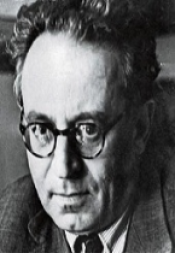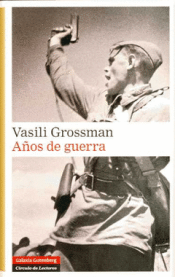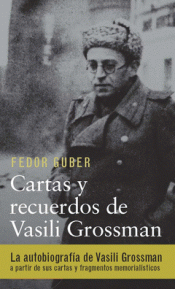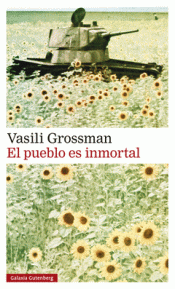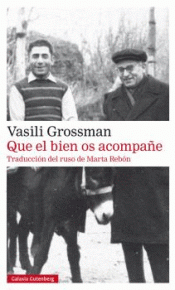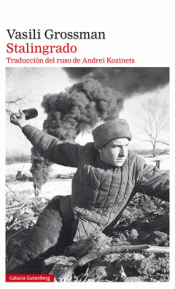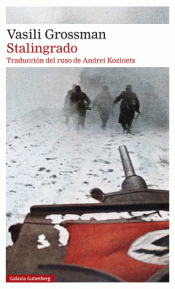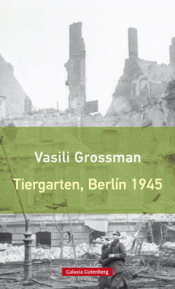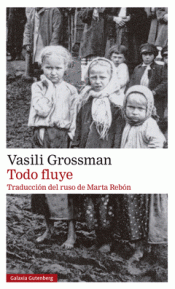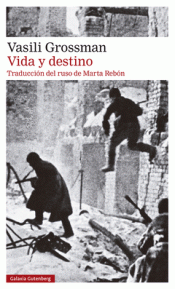Para envío
La última novela del autor de Vida y destino. Presentamos la novela que Vasili Grossman completó cuando ya sabía que nunca vería publicada su obra maestra, Vida y destino. Al igual que ésta, Todo fluye es una obra conmovedora y valiente sobre un momento despiadado, un retrato de la condición humana en toda su grandeza y su miseria. Grossman sintió que no podía dejar de escribirla aunque nunca viera la luz porque era necesario que alguien contara la verdad. Vida y destino situó a Grossman como uno de los grandes autores del siglo xx; su última novela lo confirma como un hombre honesto que buscaba la verdad. Moscú, 1954, un año después de la muerte de Stalin. Mientras espera la llegada de su primo Iván, que regresa tras treinta años en prisiones y campos de trabajo, Nikolai siente remordimientos porque ni una vez en todo este tiempo ha escrito a su primo ni ha contestado a sus cartas, pero ¿qué otra cosa podía hacer? En esta última novela, su testamento político y literario, Grossman disecciona la naturaleza del régimen estalinista, y de cualquier totalitarismo por extensión, en todos sus aspectos y en todas sus terribles consecuencias.



